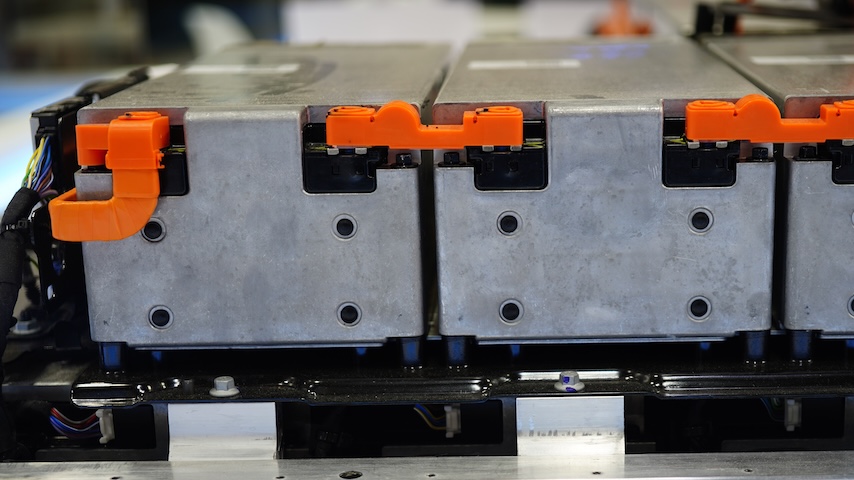Germany Calls for Tighter Rules Governing Artificial Intelligence
Germany Calls for Tighter Rules Governing Artificial Intelligence
The European Commission has debated implementing strict rules to govern artificial intelligence (AI) systems that are used in sectors or manners that lead to significant risks. Germany, however, is promoting more all-encompassing regulations on the development and use of AI, saying that strict rules should apply for all sectors and applications that use AI. Opponents of stricter regulations argue that tougher rules will have significant negative impact on the future of AI use and innovation in the EU.
In assessing how stricter AI rules would impact consumer safety, Eline Chivot, senior policy analyst at the Center for Data Innovation, writes “imposing stricter rules on lower-risk AI systems would achieve little in the way of consumer protection because these systems already pose little risk to consumers and existing consumer protection laws apply. It does not make sense to require AI-powered dating apps to undergo the same level of scrutiny as credit scoring tools. Moreover, subjecting these AI systems to additional regulations would increase compliance costs and liability for companies, discouraging them from using AI, and raising prices for consumers.”
Specifically of interest to the ASME community, stricter rules would require that AI technology adhere to the European Commission’s set conformity assessments before the products are able to be used by consumers. Thus, adding a layer of bureaucracy to AI technologies that show no significant risk profile. The United States and China already lead the European Union when it comes to AI and adding additional regulations will further setback the EU and inhibit its ability to compete in AI globally.







